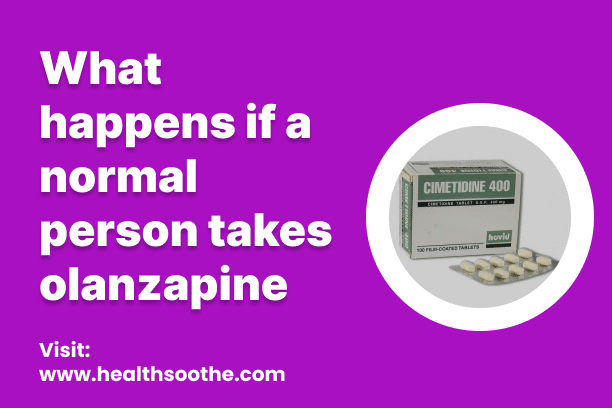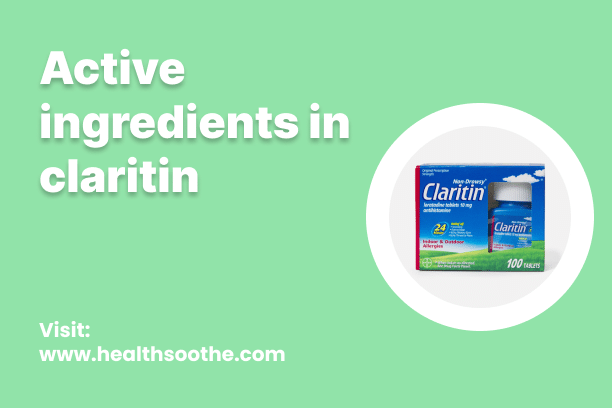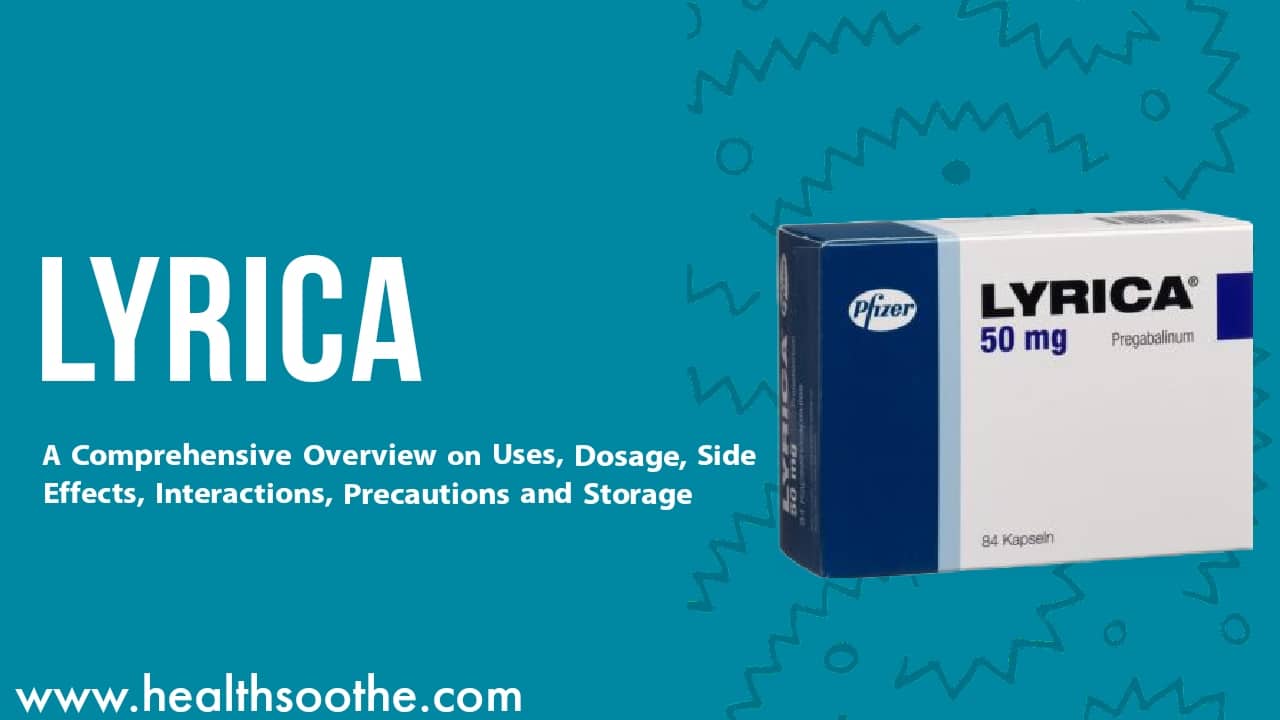The effects of alcohol on the body are varied. Many people have heard that it’s not a good idea to shower when drunk, but what does that actually mean? And is there any truth to it?
In this post, we’ll take a closer look at the possible risks associated with showering while intoxicated and offer some advice on what you can do to stay safe.
Are There Any Benefits to Showering When Drunk?
There are several benefits to showering when you’re drunk. Here are some of them:
● It can help to sober you up a bit. The cold water will shock your system and help to wake you up.
● It can also help to clear your head and make you feel more awake.
● It can help to prevent a hangover. Although there’s no guaranteed way to avoid a hangover, showers can help by rehydrating your body and washing away the toxins that contribute to a hangover.
● Showering can also be an excellent way to prevent yourself from making bad decisions while drunk. If you’re at a party or bar and you start to feel like you’ve had too much to drink, getting in the shower can help to cool you down and give you time to think about whether or not you want to continue drinking.
What Are the Risks of Showering When Drunk?
When you’re drunk, you may feel like showering before bed. After all, you’re probably hot and sweaty from dancing the night away. And what’s the harm in rinsing off before bed?
Unfortunately, there are risks associated with showering when drunk.
Dehydration
First, it’s important to be aware thatalcohol can cause dehydration, so showering without rehydrating can make your dehydration worse.
Fainting or Passing Out
Alcohol can cause your blood vessels to dilate, which can lead to a sudden drop in blood pressure. This can cause you to feel faint or even pass out. If you do, you could fall and hit your head, leading to serious injury.
Slip or Fall
Showering while drunk can also make you more likely to slip and fall. Alcohol can cause your blood vessels to dilate, which can make you feel dizzy and off balance.
In addition, alcohol slows down your reflexes and impairs your judgment, making it more likely that you’ll accidentally slip and increasing your risk of falling. The combination of slippery surfaces and reduced coordination can be dangerous.
Drowning
Showering while drunk can also increase your risk of drowning. This is because alcohol can make you sleepy and impair your ability to think clearly. If you fall asleep in the shower, you could drown.
So, is it good to shower when drunk? It can be, but it’s important to be aware of the risks and take precautions to prevent them.
How to Make Sure You’re Safe While Showering After Drinking Alcohol?
If you do decide to shower after drinking, you can do a few things to ensure you stay safe.
Hydrate
First of all, it’s important to drink plenty of water before and after your shower to help rehydrate your body.
Eat
You should also eat something before you shower, as low blood sugar levels can increase your risk of fainting or passing out.
Take Your Time
Finally, take your time in the shower and be careful not to slip or fall. It’s also a good idea to have someone else nearby in case you need help.
What Should You Do If You Feel Sick After Showering When Drunk?
If you start to feel sick after showering while intoxicated, it’s important to seek medical help right away. Alcohol can cause dehydration and low blood sugar levels, both of which can be dangerous.
If you start to feel faint or dizzy, have a headache, or feel nauseous, call 911 or go to the nearest emergency room. These could be signs of serious medical conditions that require immediate treatment.
Conclusion
Showering when drunk can be beneficial in some ways, but it’s important to be aware of the risks. If you do decide to shower after drinking, make sure you take precautions to stay safe. If you start to feel sick after showering while intoxicated, seek medical help right away.








